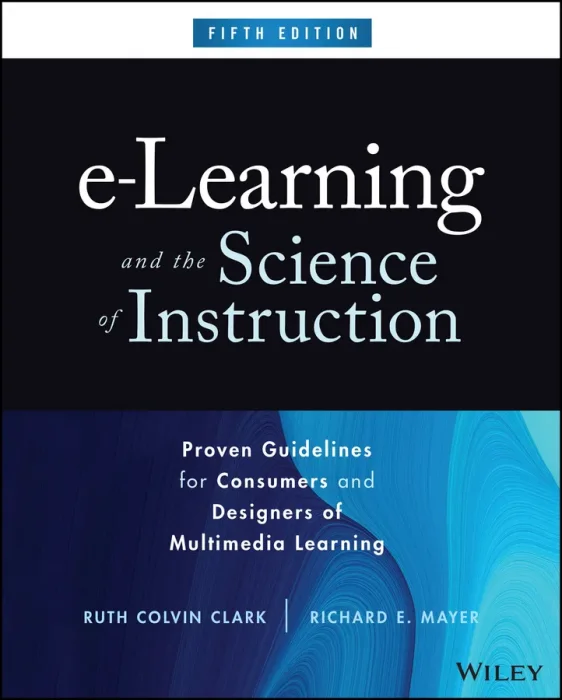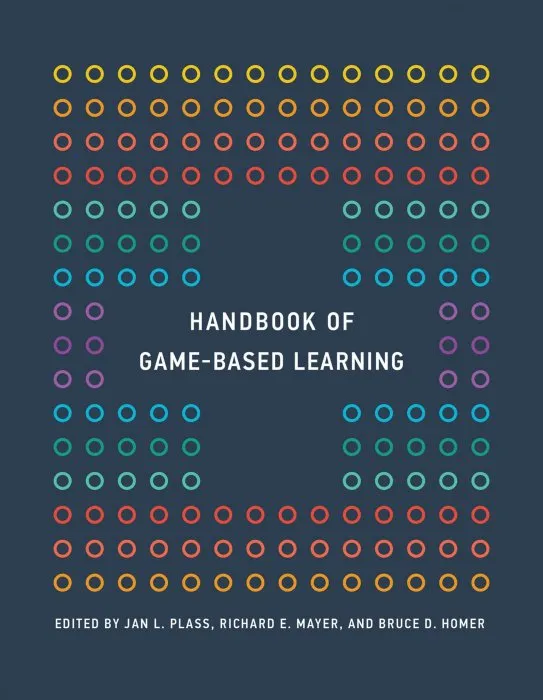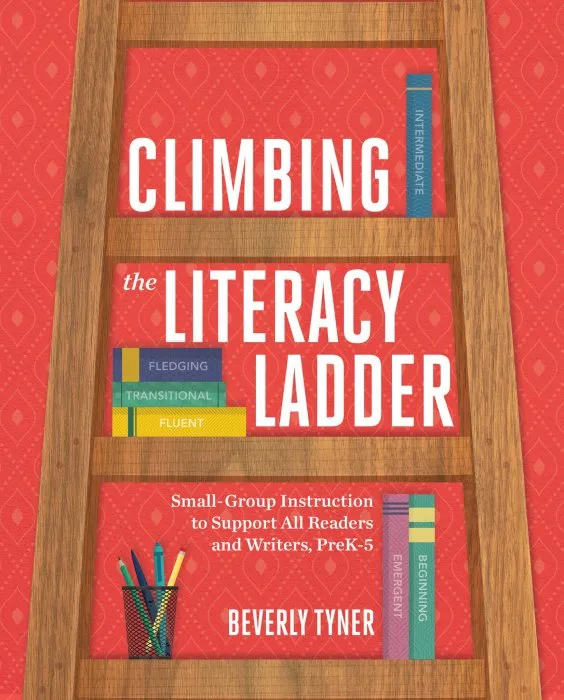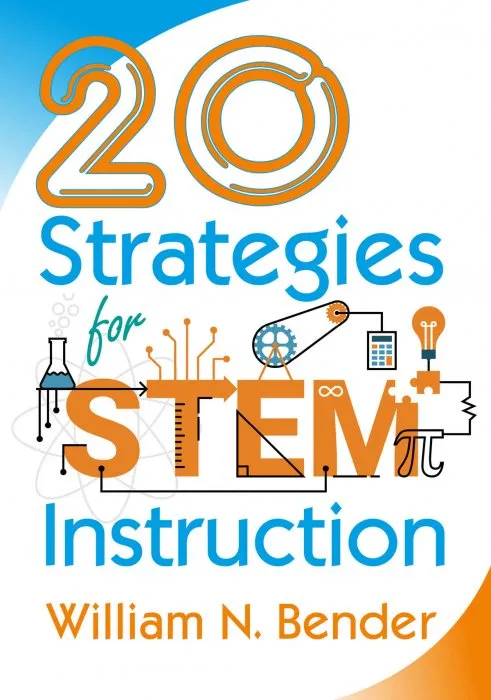Learner-Centered Pedagogy: Principles and Practice
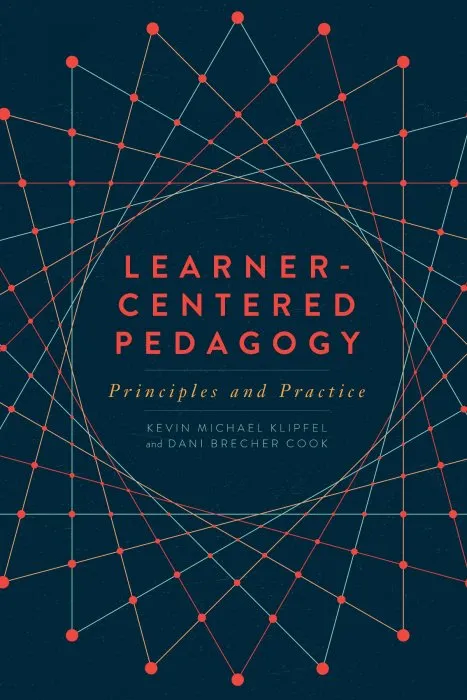
Date: March 31st, 2020
ISBN: 0838915574
Language: English
Number of pages: 216 pages
Format: EPUB
Add favorites
Today's emphasis on metrics and personalization make evidence-based instruction an imperative. In this practice-based handbook, the authors draw on the research of the humanistic psychologist and educator Carl Rogers to present an empathetic approach to information literacy sessions, reference service, and outreach. With an eye on everyday library work, they offer concrete, empirically-based strategies to connect with learners at all levels.
Offering plentiful examples of pedagogy in action, this book covers:
• 6 cognitive principles for organizing information literacy instruction, with sample worksheets and organization tools for instruction planning;
• how to establish rapport and kindle learners' motivation;
• tactics for transcending "cite 5 sources" and other uninspiring research assignments;
• educational evidence debunking the mythical perception that because students are skilled at computers and mobile technology, they already know how to do research;
• questions to keep in mind for inspiring autonomous learning;
• the power of story, as described by Joan Didion, Brené Brown's Ted Talk, and educational psychology research;
• the science behind information overload; and
• a balanced framework for evaluating specific educational technology tools.
Fusing theory with practice, this handbook is a valuable resource to help every practitioner connect with learners more effectively.
The authors blog at Rule Number One: A Library Blog.
Offering plentiful examples of pedagogy in action, this book covers:
• 6 cognitive principles for organizing information literacy instruction, with sample worksheets and organization tools for instruction planning;
• how to establish rapport and kindle learners' motivation;
• tactics for transcending "cite 5 sources" and other uninspiring research assignments;
• educational evidence debunking the mythical perception that because students are skilled at computers and mobile technology, they already know how to do research;
• questions to keep in mind for inspiring autonomous learning;
• the power of story, as described by Joan Didion, Brené Brown's Ted Talk, and educational psychology research;
• the science behind information overload; and
• a balanced framework for evaluating specific educational technology tools.
Fusing theory with practice, this handbook is a valuable resource to help every practitioner connect with learners more effectively.
The authors blog at Rule Number One: A Library Blog.
Download Learner-Centered Pedagogy: Principles and Practice
Similar books
Information
Users of Guests are not allowed to comment this publication.
Users of Guests are not allowed to comment this publication.
